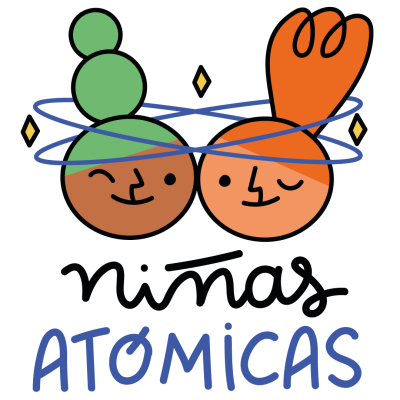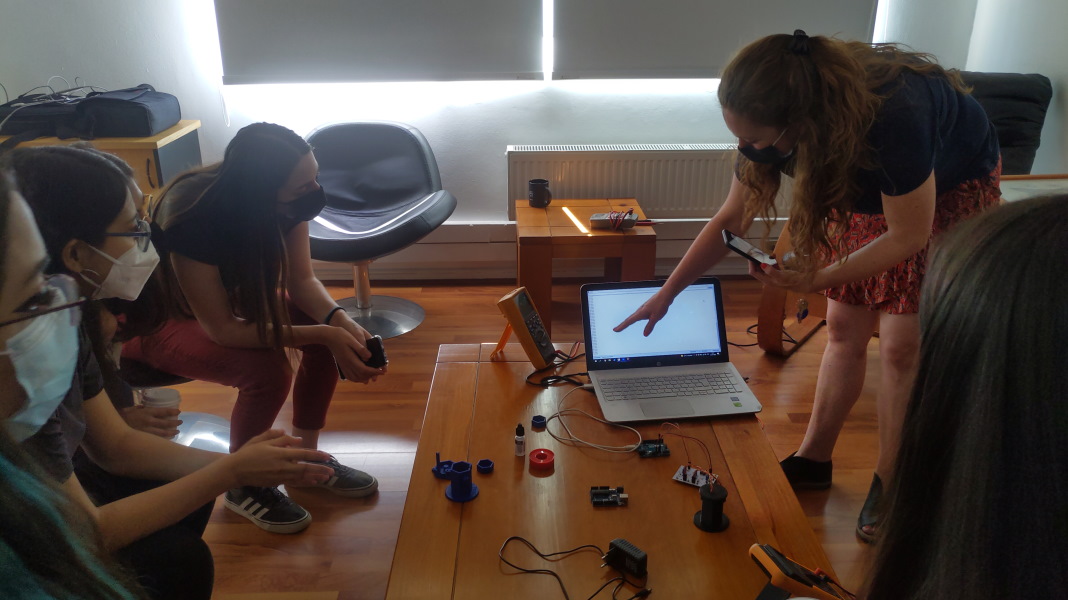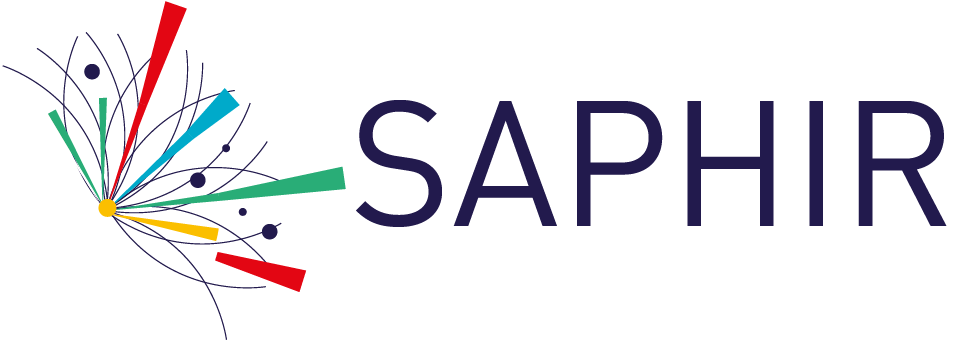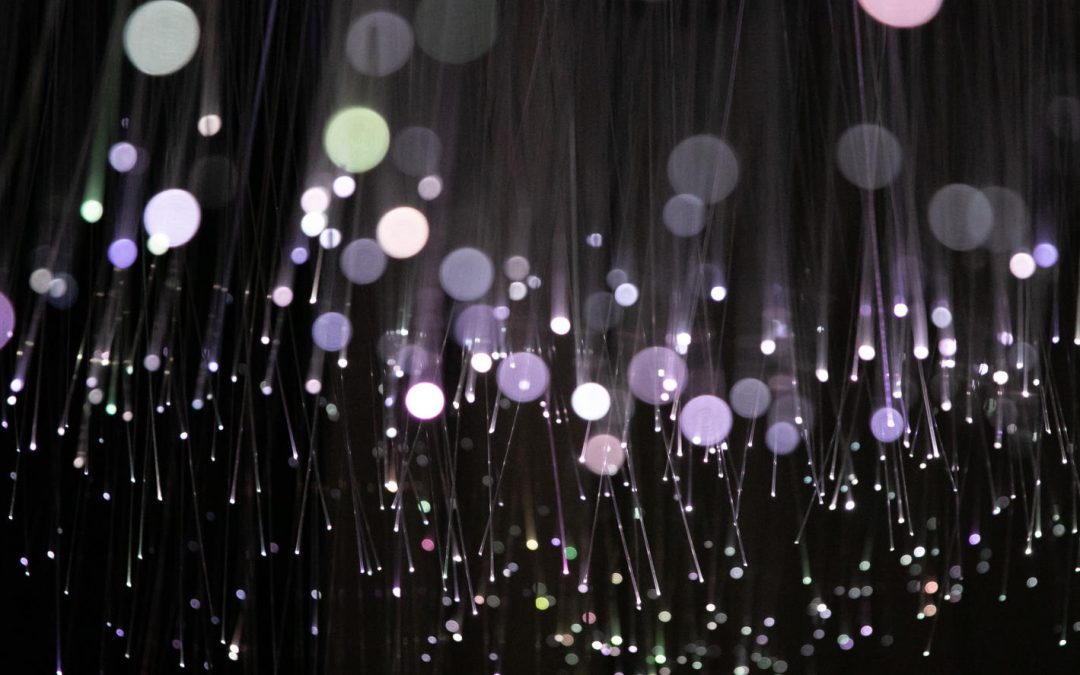Cover image: The One that Shatters in the Air. Credits: Florian Voggeneder. Source: Flickr.com
Are you interested in science? Would you like to experience first-hand the work of a scientist, guided by real scientists? Then sign up for the winter workshop Atomic Girls, which will take place during the winter vacations 2022!
Important dates:
Registration opens: Monday, May 2, 2022
Deadline for registration: May 23, 2022
Limited spaces.

They are not the Powerpuff Girls: they are the Atomic Girls capturing muons in their homes. The fact that both the scientists organizing the workshop and the tutors are all women is no coincidence: it is something specially designed to show that science is not an exclusive field for men and that any of them could become a scientist. Logo credits: Maritza Piña.

They are not the Powerpuff Girls: they are the Atomic Girls capturing muons in their homes. The fact that both the scientists organizing the workshop and the tutors are all women is no coincidence: it is something specially designed to show that science is not an exclusive field for men and that any of them could become a scientist. Logo credits: Maritza Piña.
The "Atomic Girls" workshop will address basic concepts of particle physics, electronics, programming and scientific method, everything necessary for them to assemble and operate the muon detector. The five tutors who will work in the workshop, Mariel Poduje, Melanie Martínez, Suyay Huichacura, Devika Mukhi and Laura Martínez (undergraduate students in physics, undergraduate students in astronomy and PhD students in astrophysics at Universidad Católica), will support the girls so that they can carry out their work in the best possible way.
During the training, the tutors received an introductory talk on particle physics, the objectives of the workshop and the work they will be doing. They also received practical training on the electronics of the muon detector by Roberto Pinto, an engineer from the Saphir Millennium Institute.
"Atomic Girls" is a workshop that seeks to encourage interest in science in schoolgirl students, but does not consider the fact that they decide to study physics as a success rate. According to Garay, what interests them is to provide tools that will be useful for any career they decide to study (programming and scientific method are transversal knowledge) and to give them an approach to real scientific work in a protected environment.

"If they decide to study something else, that's fine, but let it be because they decide to, not because of gender bias or because they don't know the real work in science. The idea is that the workshop will give girls interested in science the motivation they need to decide on a scientific career," says Garay.
"An important aspect of the critical thinking and skills I hope the girls develop in the workshop has to do with generating resilience in discovering the world. How do I proceed if the experiment failed me? What if the results are not what I expected? This resilience also translates into a scientific skill that I consider very useful in life. [I want this to be the workshop that I as a child, and perhaps all of us, would have liked to have had," says Cottin.
In addition, the muon detector to be used in the workshop is based on an original design by Renato Galleguillos, associate researcher at Saphir and academic at Universidad Andrés Bello, making it a completely Chilean design.

